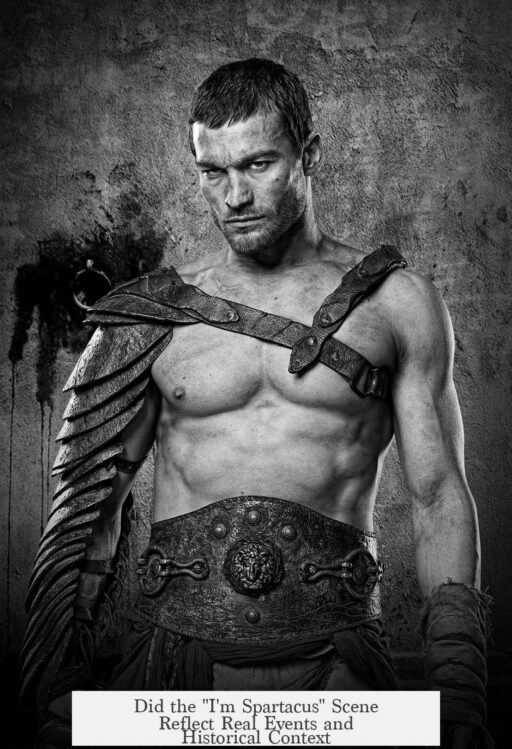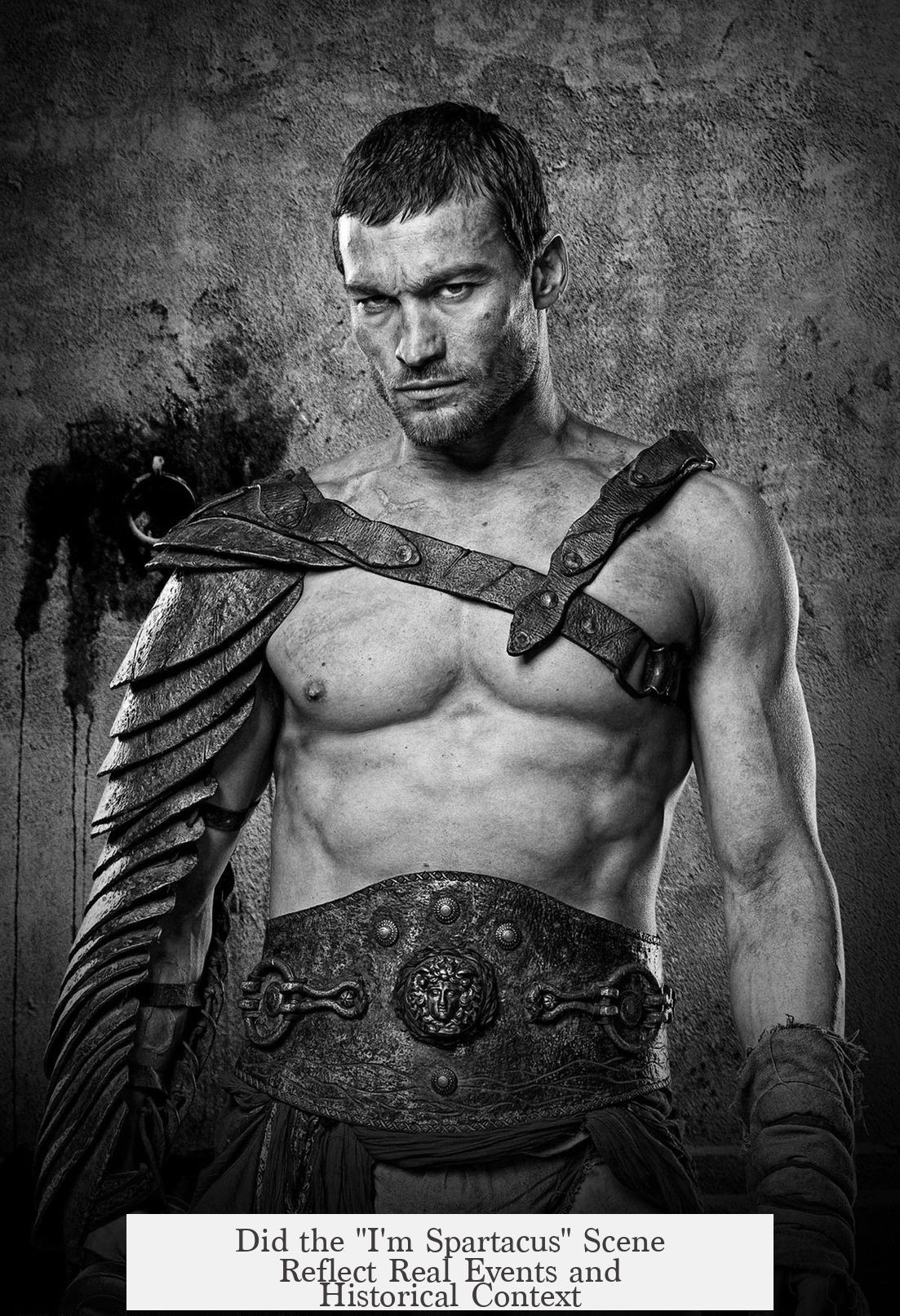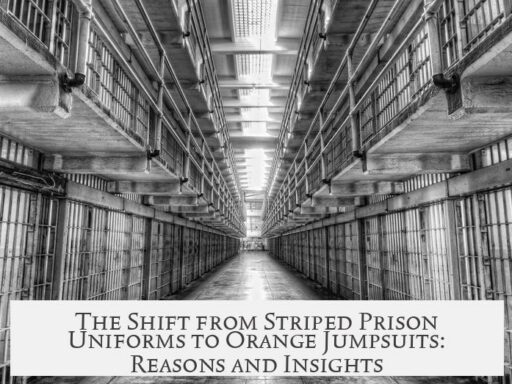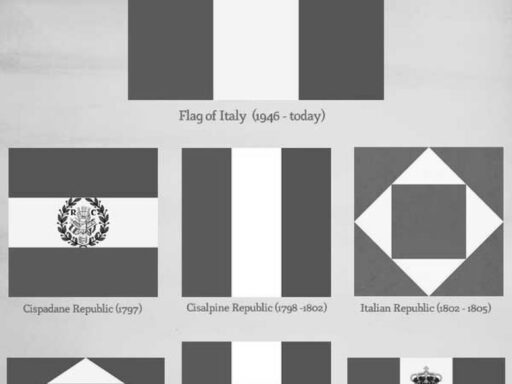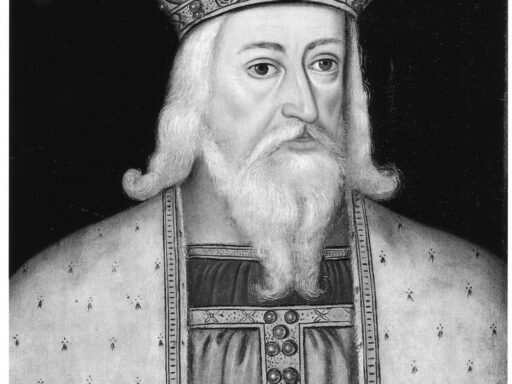The “I’m Spartacus” moment from the 1960 film Spartacus is a fictional scene created for cinematic impact and did not actually happen in history. This iconic moment, where multiple slaves claim to be Spartacus to protect the real leader, originated from the screenplay co-written by Dalton Trumbo and influenced by Kirk Douglas, the film’s star and executive producer. Historical evidence does not support this event.
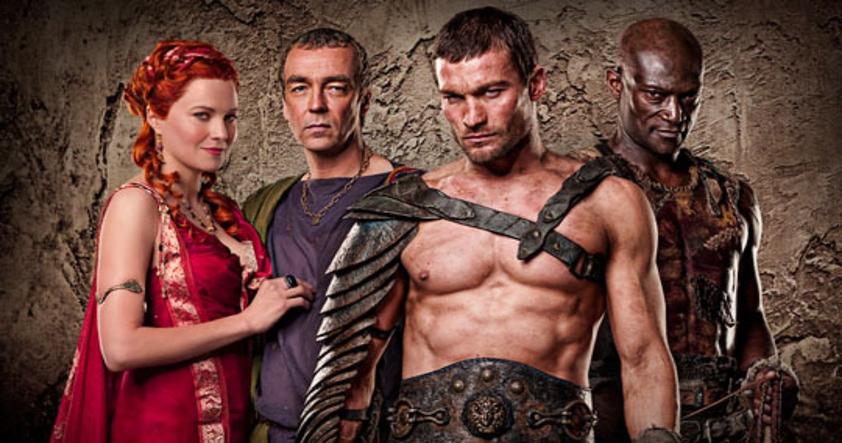
The screenplay’s scene was designed to symbolize solidarity and collective resistance. Dalton Trumbo, a blacklisted writer at the time, and Kirk Douglas collaborated to craft this powerful moment to convey themes beyond mere historical storytelling. Douglas drove the project partly to break the Hollywood blacklist and to produce a politically charged narrative.
Stanley Kubrick, who directed the film, reportedly expressed that he found the scene to be “stupid” and overly sentimental. Kubrick’s criticism did not halt the scene’s inclusion. At that point, Kubrick lacked the authority to enforce creative changes, and Douglas’s star power prevailed, keeping the scene intact for its emotional and symbolic weight.
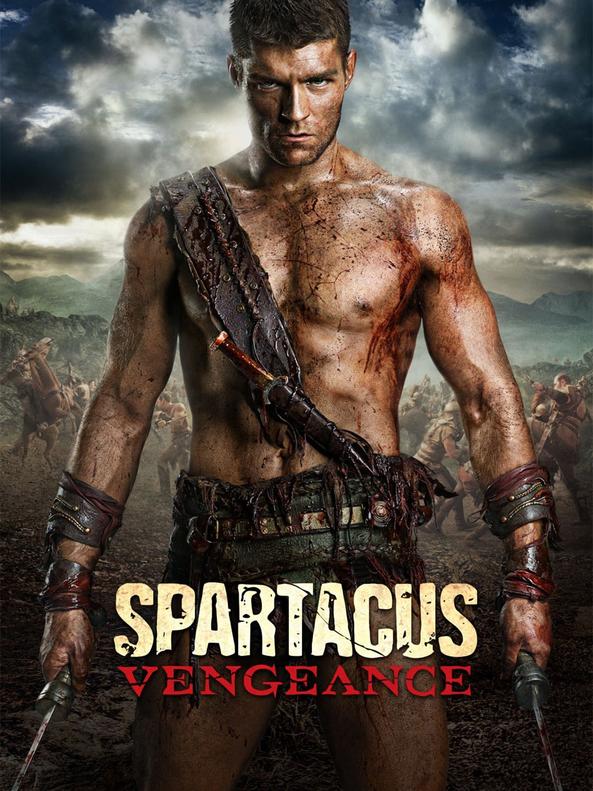
The true history of Spartacus is unclear and largely based on fragmented sources written long after his era. There exist no contemporary records or eyewitness accounts describing such an act of collective naming. Spartacus’s ultimate fate remains uncertain, with some accounts suggesting he died in battle, and others proposing he was crucified, but no historical texts suggest the famous act where followers claim his name to protect him.
The film’s portrayal of Spartacus and his rebellion reflects political undertones significant to the time of its creation. Hollywood’s Cold War context, marked by McCarthyism and blacklisting, heavily influenced how the story was told. The novel by Howard Fast, which the film adapts, was written when Fast himself was imprisoned for refusing to name alleged communists. Trumbo’s involvement as a blacklisted screenwriter further shaped the film’s themes of resistance against oppression and solidarity.
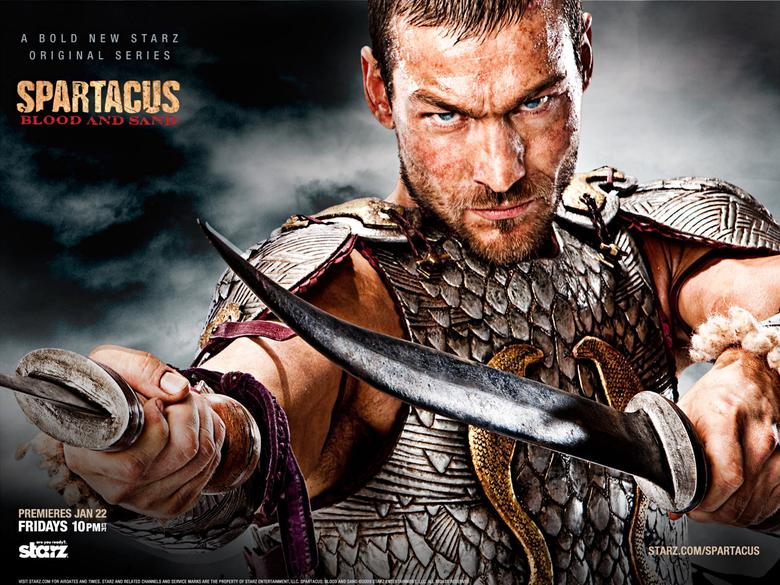
This allegory is at the heart of the “I’m Spartacus” scene. It echoes the refusal of individuals in McCarthy-era America to betray their peers under government pressure, symbolizing unity among oppressed groups rather than a factual event during the Roman slave revolt. The scene functions more as a metaphor for Hollywood’s defiance and an artistic statement against injustice.
The film itself stirred controversy beyond this scene. It resonated strongly with leftist groups who admired Spartacus as a symbol of rebellion and social justice while drawing criticism from right-wing commentators who viewed it as communist propaganda. Douglas’s active participation in producing the film helped challenge the blacklist and pushed boundaries on political discourse within mainstream cinema.
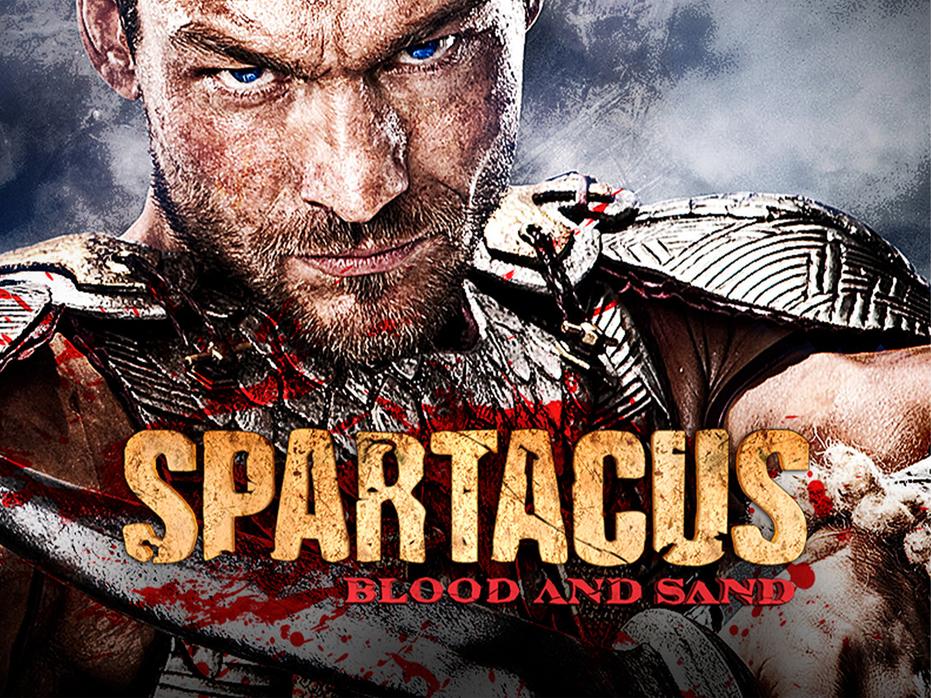
Key points on the “I’m Spartacus” moment:
- It is a fictional creation by Dalton Trumbo and Kirk Douglas for the 1960 film Spartacus.
- There is no historical evidence supporting the mass claim “I’m Spartacus” during the rebellion.
- Stanley Kubrick disliked the scene but was overruled by Kirk Douglas.
- The scene symbolizes resistance similar to Americans’ refusal to name communists during McCarthyism.
- The broader film reflects Cold War themes and Hollywood’s political struggles, especially concerning the blacklist.
The “I’m Spartacus” moment remains one of the most memorable and oft-referenced scenes in cinema. Its power lies less in historical accuracy and more in the cultural and political context it represents. It stands as a testament to solidarity against oppression rather than an authentic episode from antiquity.
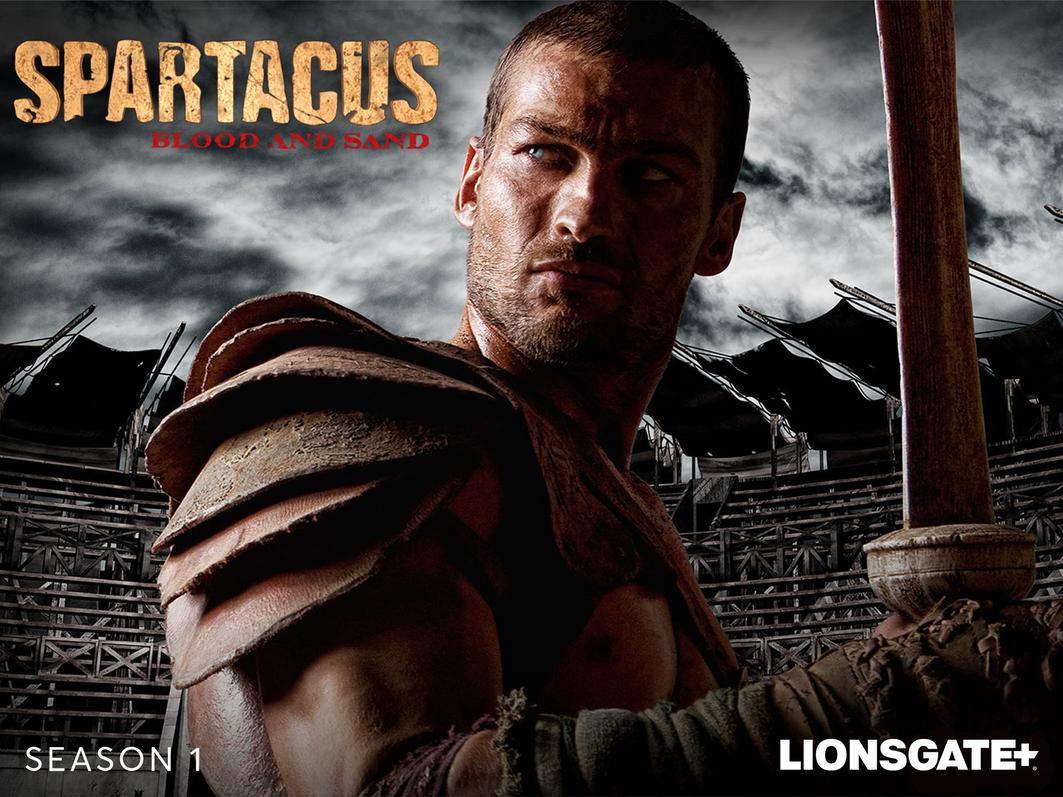
Did the “I’m Spartacus” Thing Really Happen?
Simply put, the iconic “I’m Spartacus” scene from the 1960 film Spartacus did not happen in real life. It is a cinematic invention crafted for dramatic and symbolic effect, rather than based on any recorded historical event.
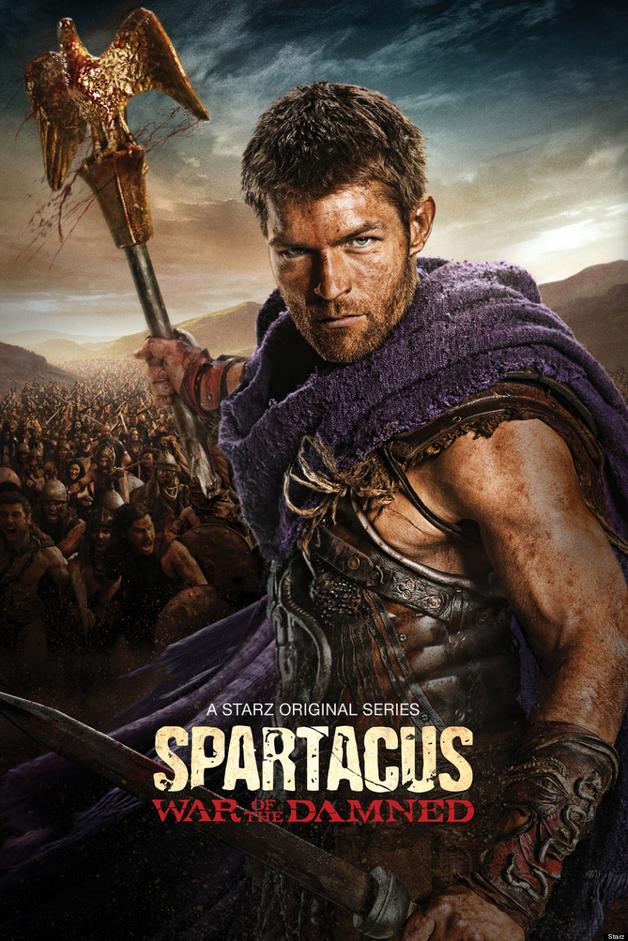
But let’s unpack this juicy bit of Hollywood lore step-by-step, because the story behind the story is just as fascinating as the scene itself.
Hollywood Magic: Where the Scene Originated
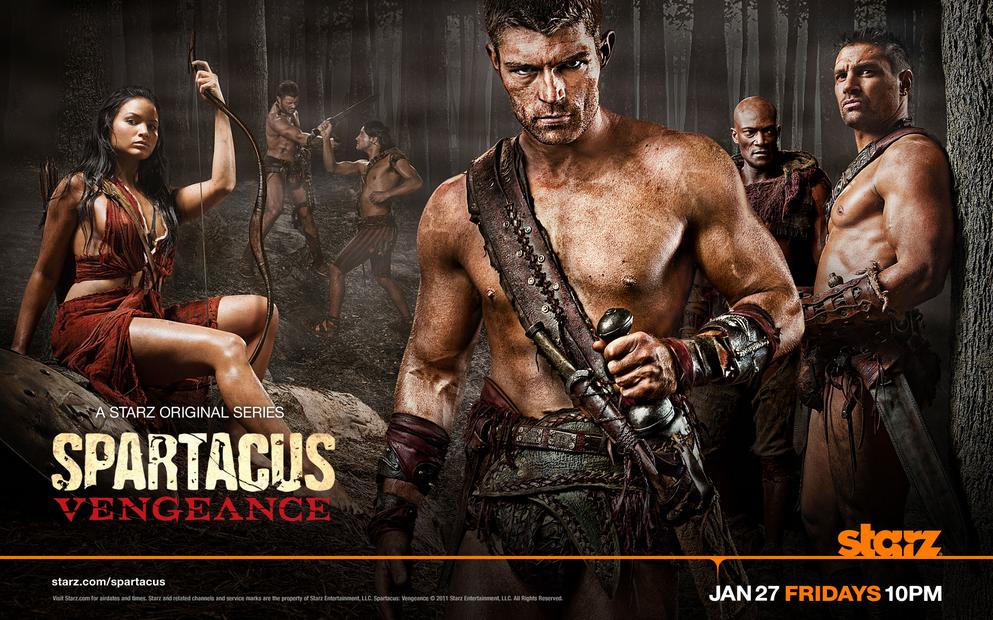
The legendary moment where every captured slave stands up declaring, “I’m Spartacus!” isn’t recorded in any ancient text. It was a product of the 1960 film’s screenplay, penned by Dalton Trumbo, a then-blacklisted writer, and backed by Kirk Douglas, who also starred as Spartacus.
Douglas was motivated partly by the fact he didn’t land the title role in Ben Hur, and he wanted something memorable—and it sure stuck! This scene was entirely fictional, written to enhance the drama and themes of courage and solidarity.
Stanley Kubrick’s Take: Not a Fan
Interestingly, the film’s famous director Stanley Kubrick thought the scene was cheesy and a bit over-the-top. Douglas asked him what he thought, and Kubrick bluntly said it was stupid—in front of the whole crew! But Douglas had more influence at the time and insisted the scene stay, despite Kubrick’s objections.
So, Kubrick’s irritation didn’t rewrite history—it only kept the cinematic moment intact for generations of moviegoers.
The Real Spartacus: Mysteries and Myths
Stepping away from the spotlight of Hollywood, the actual historical Spartacus is a puzzle. Contemporary accounts of him don’t exist because his story was documented almost a century after his supposed death.
We don’t even know exactly how or when Spartacus died. Some say he was killed in battle; others that he was crucified after his failed rebellion—his body was never found. So, no ancient historian recorded a moment quite like the “I’m Spartacus” chorus.
Given the murky facts, historians rely on secondhand reports, making the real Spartacus more myth than man.
Cold War Influence: Politics in Hollywood’s Gladiator Arena
The 1960 film didn’t just entertain—it also had a heavy dose of Cold War politics woven in. Screenwriter Dalton Trumbo was blacklisted for his Communist sympathies. The novel the movie is based on was written by Howard Fast while incarcerated for resisting the House Un-American Activities Committee.
These political tensions influenced the film’s story, themes, and characters. The “I’m Spartacus” moment became more than a heroic stand. It transformed into an allegory for solidarity against unjust accusations—a thinly veiled nod to Hollywood’s own witch hunts during McCarthyism.
Why the Scene Matters: Symbolism and Resistance
The “I’m Spartacus” declaration is a cinematic metaphor for the refusal to betray others under pressure. During the McCarthy era, many Americans were coerced into naming supposed Communists. Like the slaves in the film, some resisted by standing together in defiance.
It’s an inspiring symbol of courage against oppression, a rallying cry for unity in the face of fear. But remember, it’s symbolic, not historical.
Beyond the Scene: Breaking the Blacklist and Political Backlash
Kirk Douglas’s open role in producing the film helped chip away at Hollywood’s blacklist. Many of the film’s ideas and portrayals were edgy, pushing boundaries at a time when right-wing critics slammed it for its apparent Marxist undertones.
The figure of Spartacus was also popular among Marxist groups, which only added fuel to the political fire surrounding the film.
What Can We Learn?
- The “I’m Spartacus” scene is a brilliant piece of cinematic storytelling, not a slice of ancient history.
- Its power lies in symbolism, connecting past struggles with very present political battles of 1960 America.
- Historical Spartacus remains a shadowy figure, without a single documented defiant “I’m Spartacus” moment.
- The scene’s legacy is a testament to how film can offer commentary on contemporary social issues under the guise of entertainment.
So next time you watch that iconic scene, you can appreciate it not for its historical accuracy but for what it represents: bravery, unity, and standing up when it counts—even if the real Spartacus never heard those words.
After all, isn’t it cooler when your cinema moments come wrapped in layers of history, politics, and sheer human spirit? Now, fancy a gladiator movie marathon?
Did the “I’m Spartacus” scene actually happen in history?
No, the scene is fictional. It was created for the 1960 film by Dalton Trumbo and Kirk Douglas. There is no historical evidence that Spartacus’s followers declared themselves Spartacus as shown in the movie.
Why was the “I’m Spartacus” scene included if it wasn’t historically accurate?
The scene symbolized solidarity during the McCarthy era. It reflected resistance to naming suspected communists in Hollywood, not an ancient event. Kirk Douglas and Trumbo used it as a political statement in the film.
Did Spartacus really die in the battle shown in the movie?
Spartacus’s exact fate is unknown. No contemporary records confirm if he died in battle or was captured. His story is partly apocryphal, with later sources offering differing accounts.
What was director Stanley Kubrick’s opinion on the “I’m Spartacus” scene?
Kubrick thought the scene was silly and overly sentimental. However, Kirk Douglas insisted it stay in for its dramatic impact. Kubrick did not have enough influence at the time to remove it.
How did Cold War politics influence the portrayal of Spartacus in the film?
The film reflected Cold War tensions and Hollywood blacklisting. Its themes of rebellion and solidarity echoed real-life resistance to political oppression, especially among blacklisted artists like Trumbo.
